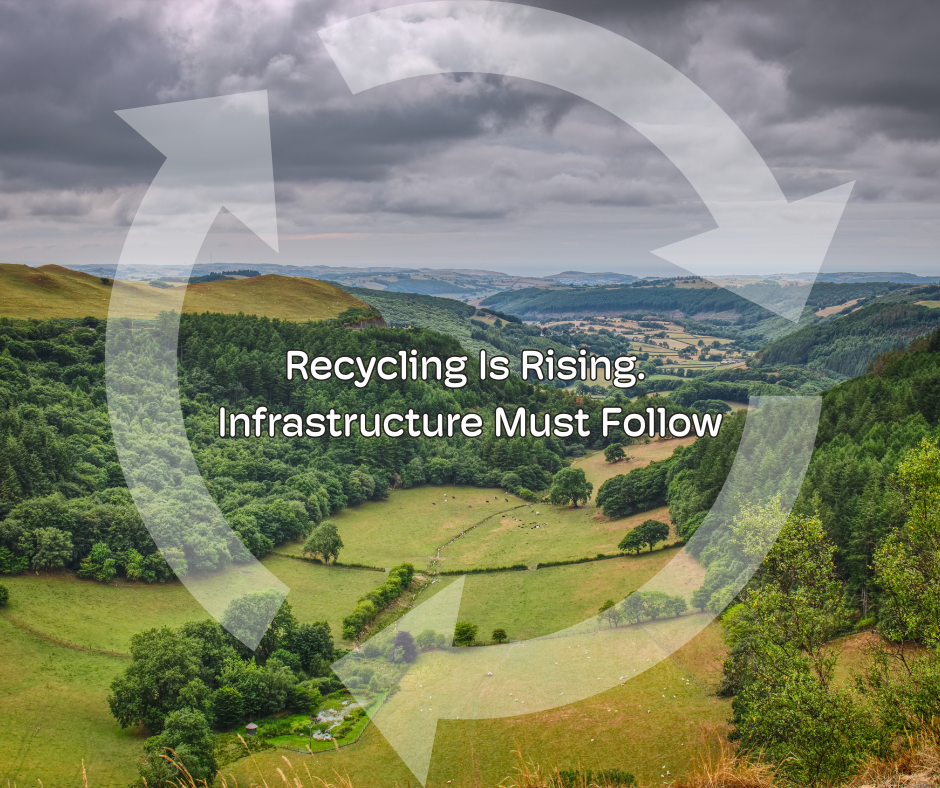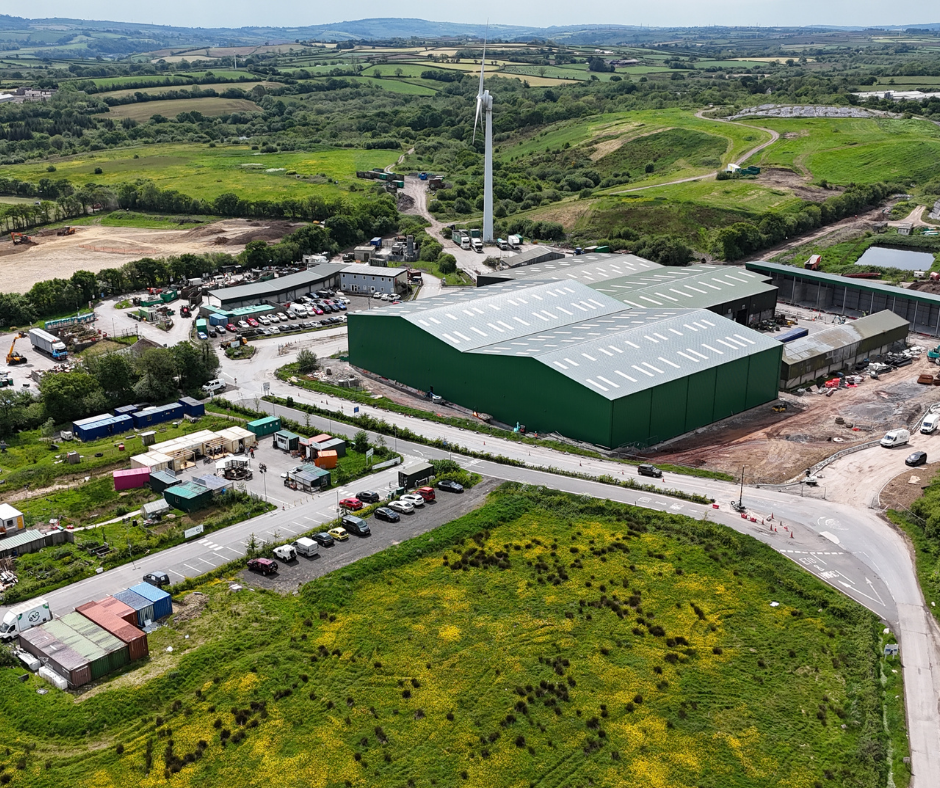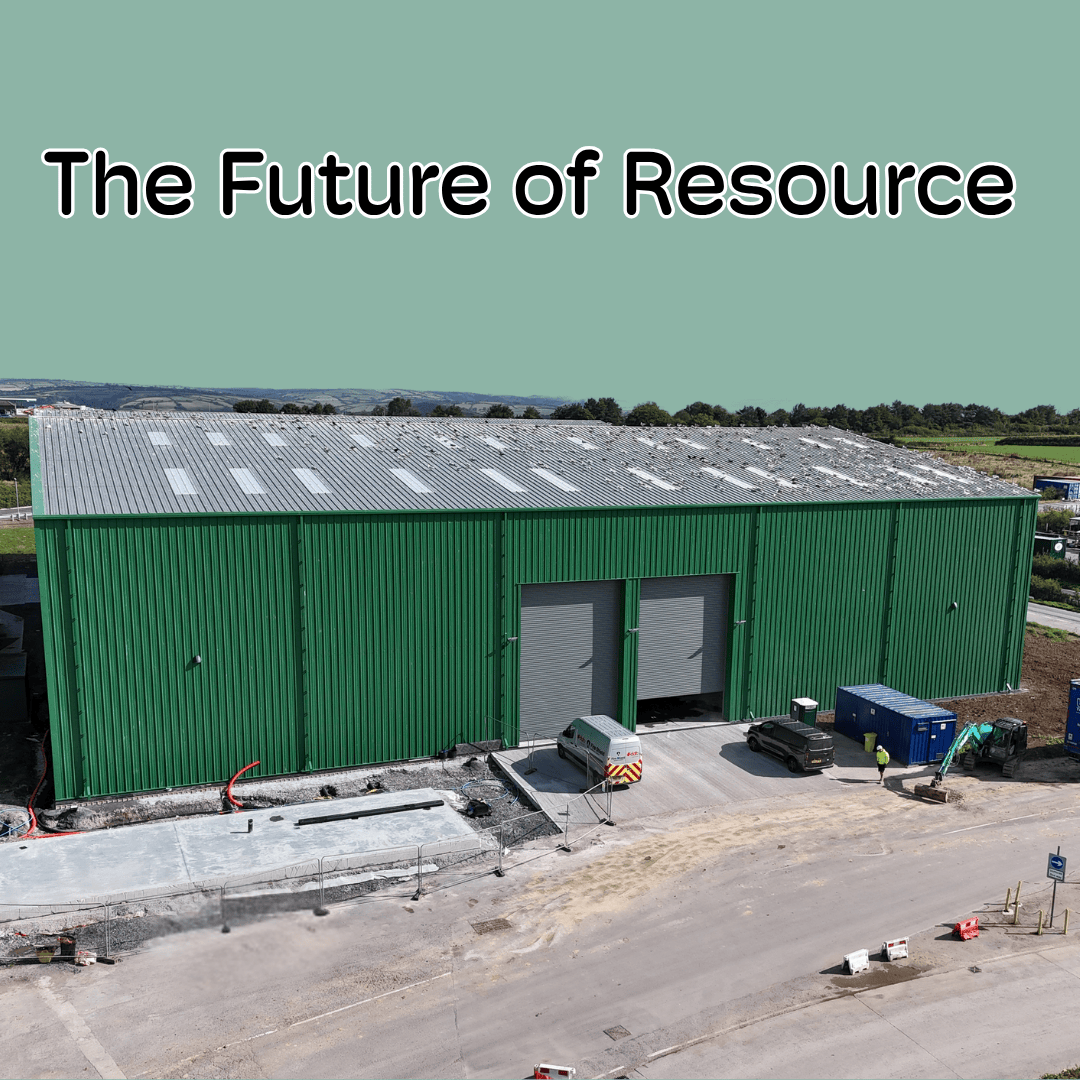In this article, we’ll explore two important aspects of the circular economy: supply chain collaboration and natural capital, and how they relate to Wales. By embracing these principles, Wales can create a more sustainable future while also driving economic growth.
Supply chain collaboration
Supply chain collaboration is a key part of creating a circular economy. By working together, businesses can reduce waste and increase efficiency, which benefits both the environment and the bottom line. According to a report by the Ellen MacArthur Foundation, implementing circular economy principles in the supply chain could lead to cost savings of up to £1.6 trillion per year by 2030.
In Wales, there are already several examples of successful supply chain collaborations. For instance, the Welsh Government’s Circular Economy Fund provides funding for businesses to implement circular economy principles in their supply chains. This initiative has not only reduced waste but also created new revenue streams for businesses.
Protecting natural capital
Another important aspect of the circular economy is natural capital. Natural capital refers to the stocks of natural resources such as air, water and soil, which provide benefits to humans. By protecting and restoring natural capital, Wales can create a more sustainable future while also driving economic growth.
The Welsh Government has recognised the importance of natural capital and has launched several initiatives to protect it. For instance, the Environment (Wales) Act 2016 includes provisions to protect and enhance biodiversity and improve air and water quality. According to a report by the World Economic Forum, investing in natural capital could provide up to £300 billion in economic benefits by 2050 for the UK.
Natural capital can also provide benefits on a local scale. For example, the Welsh Government’s Sustainable Management Scheme provides funding for projects that protect and enhance natural capital in Wales. These projects include the restoration of rivers and wetlands, the creation of new green spaces and the installation of renewable energy infrastructure.

Working together for a sustainable Wales
Supply chain collaboration and natural capital are key principles of the circular economy that can be applied in Wales. By working together and protecting our natural resources, Wales can create a more sustainable future while also driving economic growth.
The Welsh Government has already made significant progress in these areas and there are many exciting initiatives underway. Let us continue to embrace these principles and work towards a more sustainable and prosperous future for Wales.
Our latest posts
-
-
CWM Environmental Marks a Year of Record Growth, Community Impact, and Circular Innovation
CWM Environmental has concluded 2025 with a series of significant achievements in the circular economy.
-
Nantycaws Resource Recovery Facility Enters Key Phase in Circular Economy Infrastructure Development
The Nantycaws Resource Recycling Facility (RRF) has reached an exciting new phase. The first phase of the build is now complete, marking significant progress in the creation of one of Wales' most advanced pieces of circular economy infrastructure.



